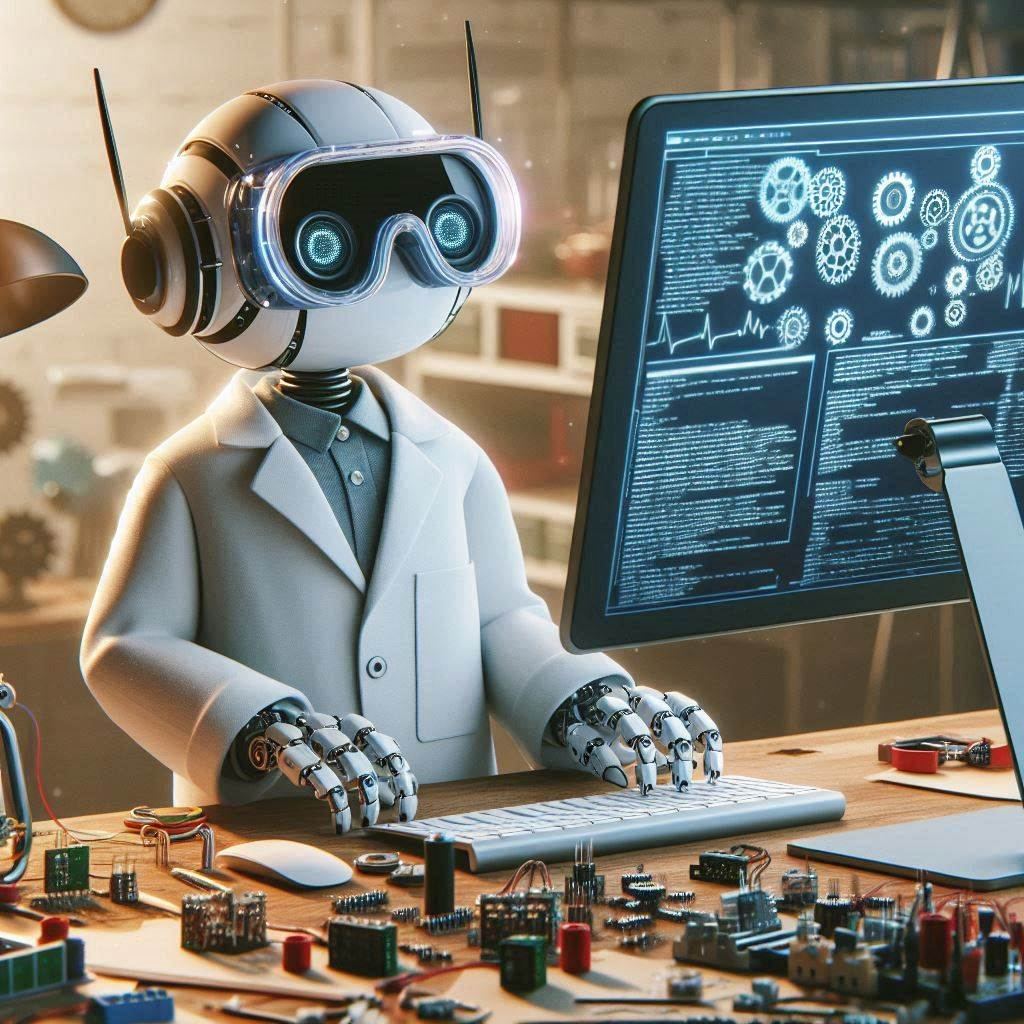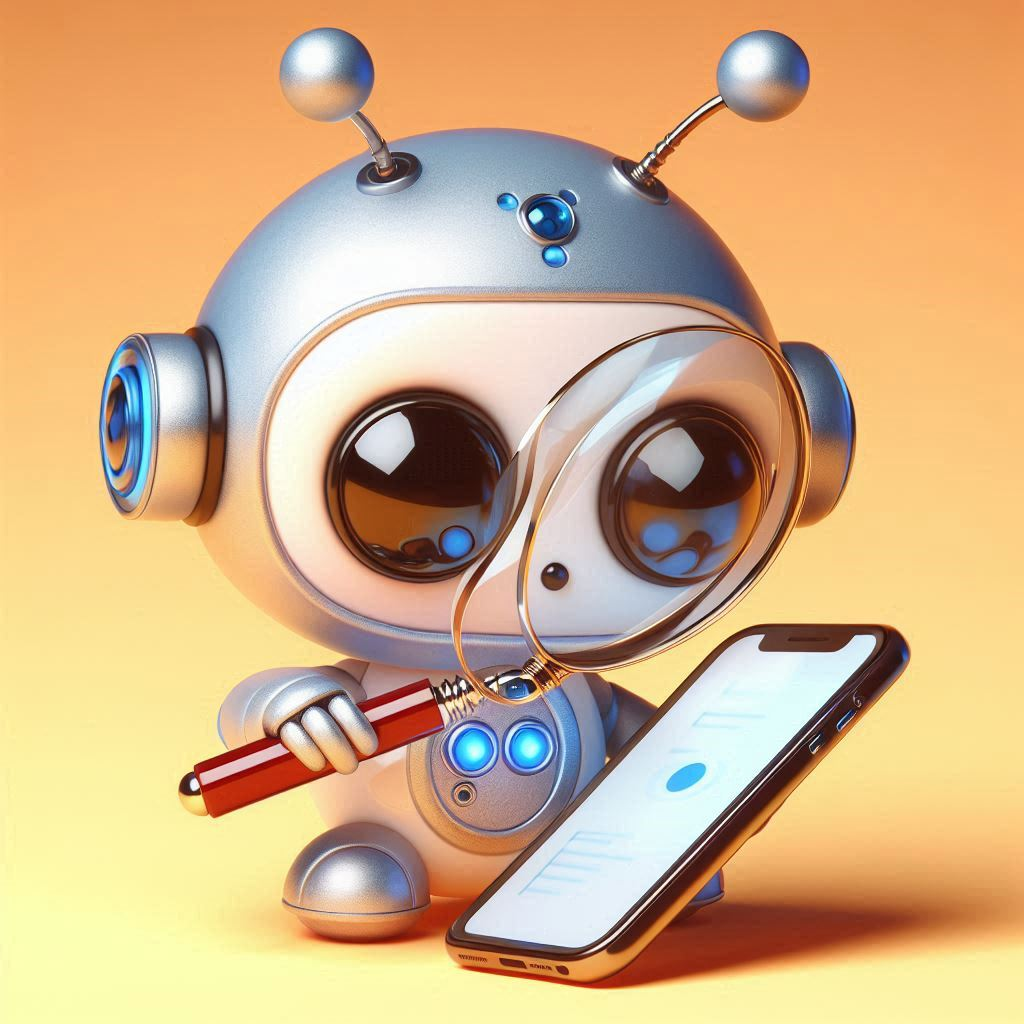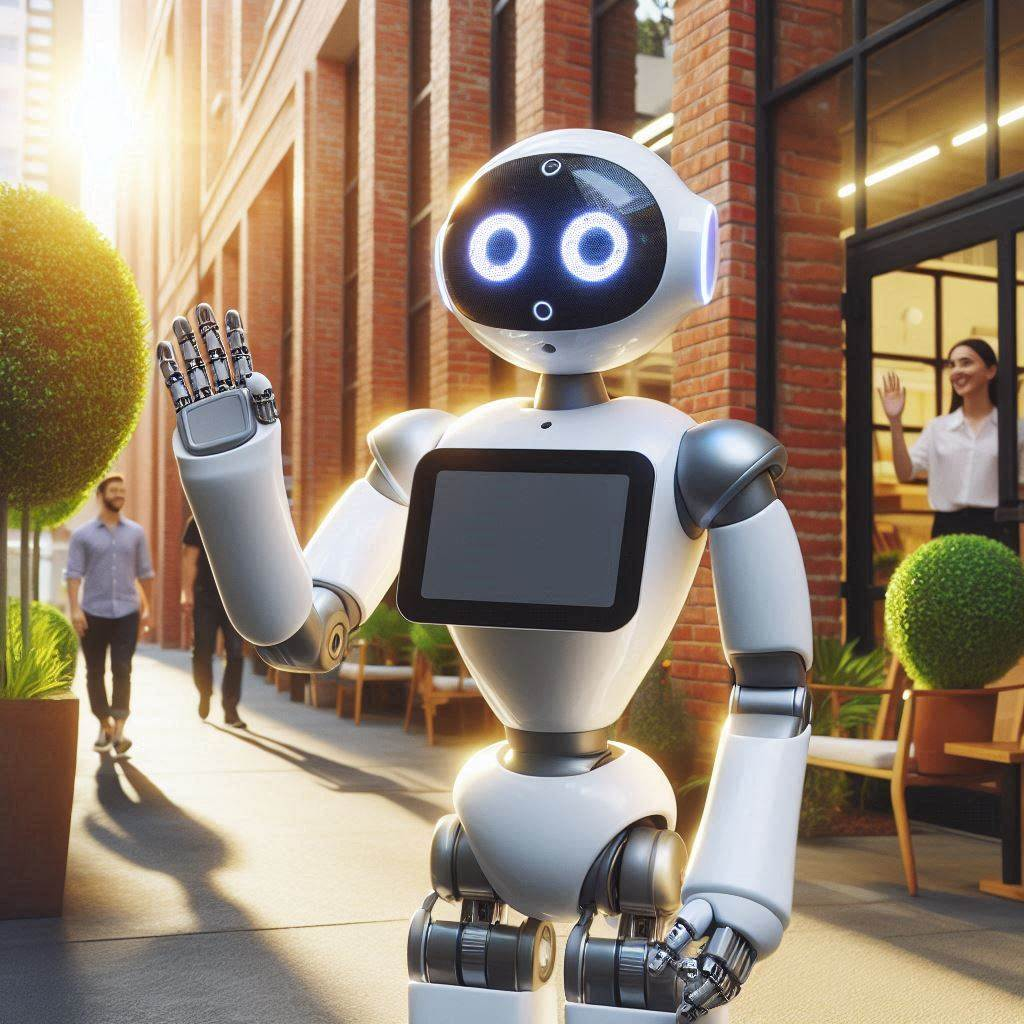Apple Establishes Secretive AI Lab, Poaches Google Experts
Apple has quietly intensified its efforts in artificial intelligence (AI) by poaching dozens of experts from Google and establishing a secretive European laboratory in Zurich. The $2.7 trillion company is building a formidable AI and machine learning team, as revealed by a Financial Times analysis of LinkedIn profiles, public job postings, and research papers. This hiring spree underscores Apple’s ambition to compete with rivals in developing cutting-edge AI models and products.

Since the recruitment of John Giannandrea as its top AI executive in 2018, Apple has particularly targeted Google employees, attracting at least 36 specialists from the tech giant. Most of Apple’s AI team operates from California and Seattle, but the company has also expanded a significant outpost in Zurich. This move was influenced by the acquisitions of local AI startups, FaceShift and Fashwell, which led to the establishment of a research laboratory known as the “Vision Lab” in the city.
Zurich-based employees have been pivotal in Apple’s research into technologies similar to those powering OpenAI’s ChatGPT. Their work has focused on advanced AI models that integrate text and visual inputs to generate responses to queries. Apple has been discreet about its AI endeavours, even as competitors like Microsoft, Google, and Amazon openly invest billions in the technology. This low-profile approach aligns with Apple’s strategy of developing and deploying generative AI on its devices, enabling AI functionalities to run directly on the phone’s hardware and software, rather than relying on cloud services.
Tim Cook, Apple’s CEO, has assured analysts that the company is investing in a wide range of AI technologies and innovating responsibly. Despite Apple’s historical focus on AI, dating back to the development of Siri and the use of neural networks for speech recognition, the company’s cautious approach to generative AI seems deliberate. Concerns about the tendency of language models to provide incorrect or problematic answers have likely contributed to Apple’s measured rollout of new AI features.
Apple’s significant push in AI can be traced back to its acquisition of Perceptual Machines in 2016, a company founded by Ruslan Salakhutdinov and his students at Carnegie Mellon University. Salakhutdinov, who is a prominent figure in neural networks and was mentored by Geoffrey Hinton, worked as Apple’s director of AI research until 2020. Under his influence, Apple began building the infrastructure needed to train sophisticated AI models.
Apple’s AI leadership team now includes several former Google employees, such as Giannandrea, who previously led Google Brain, and Samy Bengio, a top AI scientist at Google. Ruoming Pang, who spearheaded Google’s AI speech recognition research, is also part of Apple’s AI team. Additionally, Apple had hired Ian Goodfellow, a deep learning pioneer, although he returned to Google in 2022 due to disagreements over Apple’s return-to-work policy.
Apple has also invested in numerous AI startups over the past decade, enhancing its capabilities in image and video recognition, data processing, search, and music content curation. Notable acquisitions include Musicmetric, Emotient, Silk Labs, PullString, CamerAI, Fashwell, Spectral Edge, Inductiv Inc, Vilynx, AI Music, and WaveOne, whose founders continue to work at Apple. This acquisition strategy reflects Apple’s commitment to bolstering its AI expertise and innovation.
One of Apple’s key areas of focus is on-device AI, which necessitates more powerful chips with dynamic random access memory (Dram) capable of handling large amounts of data required for AI models. Sumit Sadana, executive vice president and chief business officer of Micron Technology, a chip supplier for Apple, emphasised that future smartphones, dubbed “AI smartphones,” will require significantly more DRAM than currently available to run large language models (LLMs) on-device.
Apple’s reticence in releasing generative AI products could be attributed to its emphasis on control and reliability. Salakhutdinov noted that the company’s cautious approach ensures that any AI features introduced are fully controlled and less prone to errors. This prudence is likely why Apple has yet to roll out AI functionalities as aggressively as its competitors.
Industry insiders speculate that Apple’s generative AI features might make their debut at the company’s Worldwide Developers Conference (WWDC) in June. Analysts, like Erik Woodring from Morgan Stanley, anticipate that the next iPhone could feature a significantly enhanced Siri, transforming it into a smarter, voice-activated personal assistant capable of interacting with various apps through voice control. Such advancements could be game-changing for consumers, setting Apple apart in the competitive AI landscape.
Despite the secrecy surrounding its AI plans, Apple’s strategic moves indicate a robust commitment to advancing its AI capabilities. The company’s focus on on-device AI, combined with its acquisition of top talent and startups, positions it well to introduce innovative AI products. As Apple continues to expand its AI research and development, the tech industry eagerly awaits the potential breakthroughs that could redefine user experiences and device functionalities.
As Apple continues to expand its AI research and development, the tech industry eagerly awaits the potential breakthroughs that could redefine user experiences and device functionalities. The introduction of AI-driven features could not only enhance existing products like Siri but also pave the way for entirely new applications that leverage Apple’s extensive ecosystem. Moreover, the company’s focus on on-device AI aligns with growing privacy concerns among consumers, offering a more secure and private alternative to cloud-based AI solutions. This approach could significantly boost consumer trust and loyalty, differentiating Apple in a crowded market.
Furthermore, the development of AI capabilities directly on devices could lead to faster and more efficient processing, reducing latency and improving the overall user experience. As AI becomes increasingly integral to daily life, Apple’s advancements could set new standards in the industry, driving innovation and influencing competitors to follow suit. The anticipation surrounding Apple’s potential announcements at upcoming events like the WWDC highlights the excitement and high expectations from both consumers and industry experts. As Apple’s AI journey unfolds, it is poised to make substantial impacts not only on its product lineup but also on the broader technological landscape, shaping the future of AI in consumer electronics.
for all my daily news and tips on AI, Emerging technologies at the intersection of humans, just sign up for my FREE newsletter at www.robotpigeon.be






